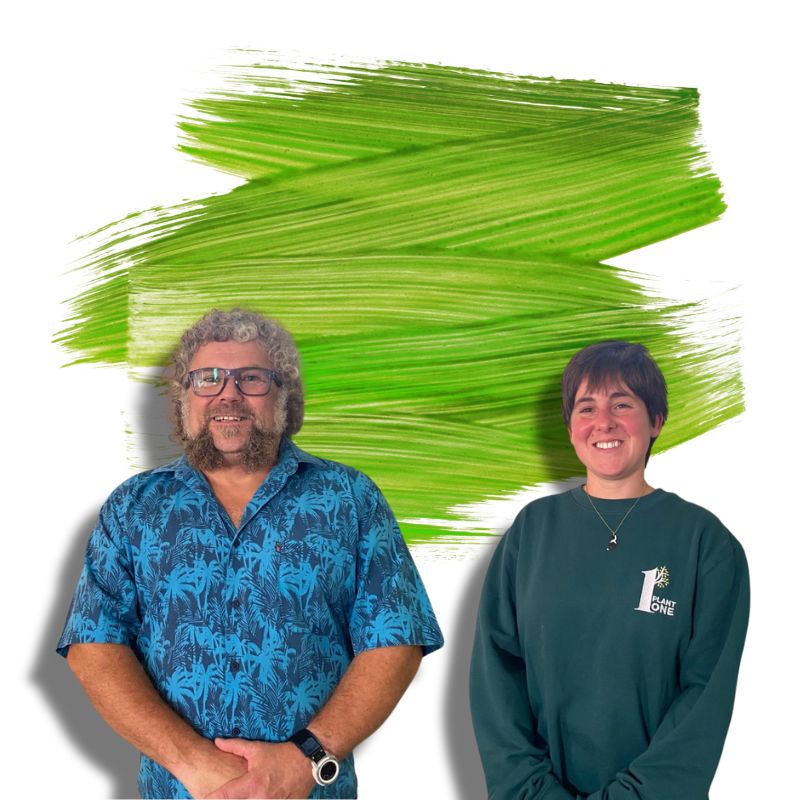29 August 2025
01:11:30
Rai Lewis
OVERVIEW:
Curly Steve and Rai discuss the urgent need to restore Cornwall’s lost woodlands and why the work of Plant One Cornwall offers both hope and practical solutions. Over 70% of England and Wales’ ancient woodlands have been lost or damaged, threatening irreplaceable habitats and biodiversity. In this episode of Searching for a Greener Room, we sit down with Rai Lewis, co-founder of Plant One Cornwall, to explore how communities, landowners, and businesses are working together to restore Cornwall’s lost woodlands. Rai shares the story behind Plant One Cornwall, why planting the right trees in the right places matters more than numbers, and how genetic diversity is key to long-term resilience. We dive into the pressures on land use in Britain, common misconceptions about woodland creation, and the challenge of balancing biodiversity with carbon targets. Rai also offers five practical tips anyone can start today, from collecting rainwater to reducing meat consumption. If you’re curious about how woodland restoration connects to climate action, community, and hope for the future, this conversation is for you. Subscribe for more inspiring stories, listen to other episodes of Searching for a Greener Room, or visit www.plantonecornwall.com to learn more.TOPICS
UncategorisedAVAILABLE ON:

WATCH ON YOUTUBE
The Chat
The Guest: Rai Lewis
Co-Founder of Plant One Cornwall, Community Woodland Advocate, Environmental Connector
The Chat
From Seeds of Connection to Woodland Action
Rai shares his early journey, tracing childhood sparks of curiosity in the outdoors through to the experiences that shaped his view of the natural world. Before Plant One Cornwall, Rai’s path wove through moments of reflection and turning points that made the commitment to restoring woodlands both inevitable and deeply personal.
The Birth of Plant One Cornwall
We explore how a simple idea took root and grew into an organisation linking landowners, businesses, and communities. Rai explains why planting the right trees in the right places matters more than chasing numbers, and how Cornwall’s unique pressures on land use demand careful, considered choices.
Biodiversity and Genetic Diversity
Looking at woodland resilience, Rai unpacks the importance of genetic diversity in trees and how this translates to a richer, more balanced biodiversity. He highlights why diversity is not just about what is visible above ground but about the resilience of ecosystems over decades.
Carbon Credits and Net Zero
Tree planting is often tied to carbon offsets and net-zero targets. Rai discusses whether these schemes are helpful or a distraction, and why a narrow focus on carbon can miss the bigger picture of ecological health.
Misconceptions and Realities
From the assumption that Britain has plenty of space for trees to the idea that planting alone can solve the climate crisis, Rai clears up some of the most common misunderstandings he encounters when talking about woodland creation in Cornwall.
What Success Looks Like
Rai paints a vision for the future: Cornwall filled with connected, thriving woodlands that balance biodiversity, community, and climate resilience. Looking 20 to 30 years ahead, he shares what would feel like true success for Plant One Cornwall.
Hope in Action
Despite challenges, Rai remains hopeful. He draws inspiration from local communities, the energy of younger generations, and the simple act of people coming together to plant and care for trees.
Rai’s Top Achievable Tips
-
Do something that’s achievable for YOU
-
Perfection is the enemy of progress – you don’t need to be perfect
-
Be angry, not sad
-
If nothing else, collect and use rainwater
-
Eat less meat
Rai’s Evidence
-
The Hidden Life of Trees – Peter Wohlleben
-
BBC – 5 Mind-Blowing Facts about what the UK looks like
-
Fauna and Flora International – science-led global conservation work
-
Restor.eco – open ecological restoration data platform
What One Thing Can We Do Today to Make a Better Tomorrow?
Plant a tree with thought and care, or support those who are restoring the right trees in the right places. Small acts, done collectively, can create living legacies for future generations.
Contact Details
Plant One Cornwall
Website: plantonecornwall.com
Facebook: facebook.com/plant1cornwall
Instagram: instagram.com/plant1_cornwall


